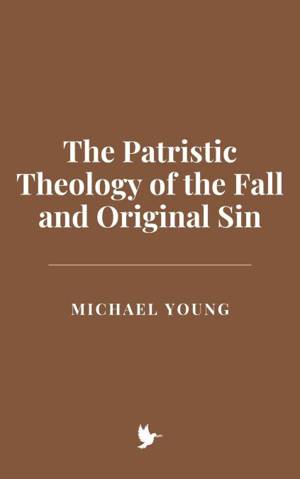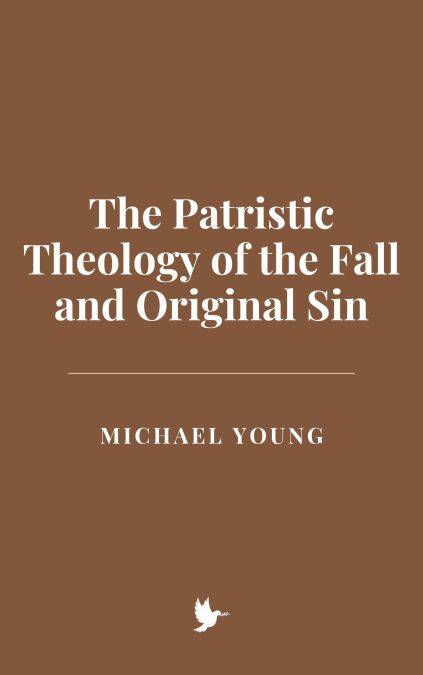
- Afhalen na 1 uur in een winkel met voorraad
- Gratis thuislevering in België vanaf € 30
- Ruim aanbod met 7 miljoen producten
- Afhalen na 1 uur in een winkel met voorraad
- Gratis thuislevering in België vanaf € 30
- Ruim aanbod met 7 miljoen producten
Omschrijving
This work explores the doctrine of original sin and the theological implications of the Fall from early Christian thought through the Reformation and into modern interpretations. By examining the views of key figures such as St. Augustine, St. Gregory of Nyssa, St. Athanasius, the Cappadocian Fathers, and the Reformers like Martin Luther and John Calvin, this study traces how the understanding of original sin evolved from its conception as a juridical consequence of Adam's transgression to more existential and relational interpretations, particularly in the Eastern Christian tradition.
Through a deep analysis of primary texts and secondary sources, the dissertation engages with the central theological debates on human nature, free will, grace, and the means of salvation. In the early Church, thinkers like Augustine emphasized the imputation of Adam's sin and its hereditary transmission, resulting in a corrupted human nature. In contrast, Eastern theologians such as Gregory of Nyssa and Athanasius offered a vision of the Fall as a loss of divine communion, focusing on the restoration of the divine image in humanity through Christ's Incarnation and the process of theosis.
Specificaties
Betrokkenen
- Auteur(s):
- Uitgeverij:
Inhoud
- Taal:
- Engels
Eigenschappen
- Productcode (EAN):
- 9798230223894
- Verschijningsdatum:
- 10/01/2025
- Uitvoering:
- E-book
- Formaat:
- ePub

Alleen bij Standaard Boekhandel
Beoordelingen
We publiceren alleen reviews die voldoen aan de voorwaarden voor reviews. Bekijk onze voorwaarden voor reviews.











